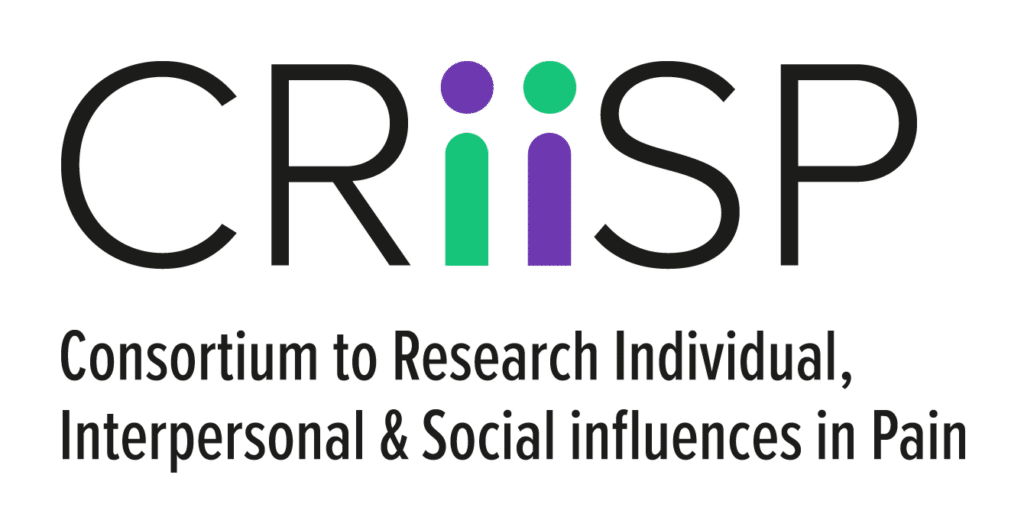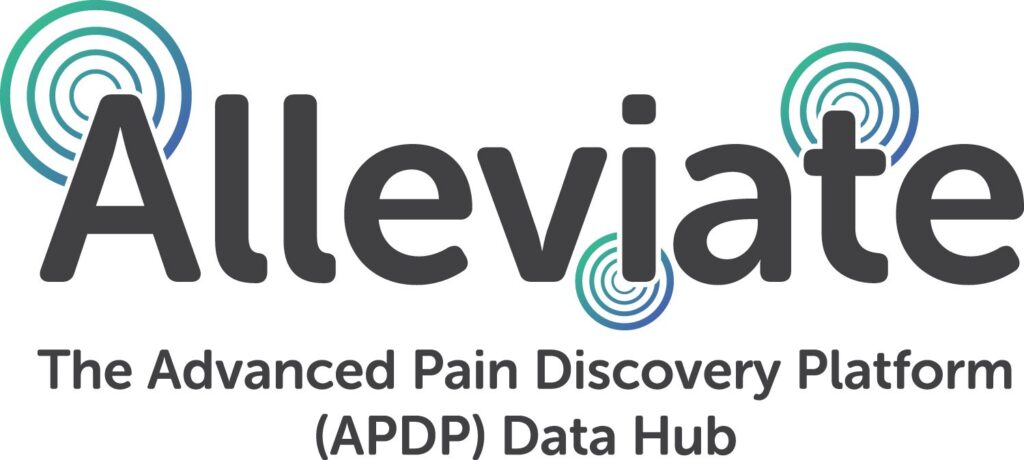The Advanced Pain Discovery Platform (APDP) delivers an interdisciplinary consortium-based platform on a national scale, pursuing innovative and ambitious “big ideas” in chronic pain discovery and early translational science that breaks through the complexity of pain and reveals new treatment approaches in a broad spectrum of chronic pain and debilitating conditions.
The APDP will provide new knowledge about the significant variation and unpredictability in the lived experience of pain, break down inconsistencies in diagnosis and treatment, and ultimately provide and assess novel targets and mechanisms with new or repurposed interventions.
Advanced Pain Discovery Platform (APDP) collates, generates and interrogates human data and samples, allowing the identification and validation of new interventions and improving access to well-phenotyped human populations. APDP grows relationships between stakeholders.
The consortia and data hub combine to establish an Advanced Pain Discovery Platform (APDP), including:
Partnership for Assessment and Investigation of Neuropathic Pain: Studies Tracking Outcomes, Risks and Mechanisms (PAINSTORM)
PAINSTORM brings together experts in and people living with neuropathic pain (NeuP). PAINSTORM aims to transform lives through our understanding and ensuring that everyone works together to better manage NeuP.

Consortium to Research Into Individual, Interpersonal & Social Influences in Pain (CRIISP)
CRIISP, a consortium which is part of the UKRI-funded Advanced Pain Discovery Platform (APDP).
CRIISP research will focus on how people perceive pain, how others affect their pain and considers wider social and environmental influences on pain.

ALLEVIATE
Alleviate Pain Data Hub, in collaboration with HDRUK and APDP, through its recent events and communication campaigns, has been making positive steps in supporting researchers to efficiently find and access pain related data, while maintaining at the heart of its design, first hand lived experience from patient involvement.

Consortium Against Pain InEquality (CAPE)
The CAPE team is investigating how adverse childhood experiences (such as abuse and neglect) affect chronic pain and responses to treatment, with a focus on opioid analgesics and their detrimental effects.
Advanced Discovery of Visceral Analgesics by Neuroimmune Targets And the Genetics of Extreme human phenotypes visceral pain consortium (ADVANTAGE)
ADVANTAGE is researching chronic pain experienced by people with visceral diseases, such as endometriosis, colitis and kidney disease.
Governance Management and Panels
APDP website management encompasses all stakeholders rather than being construed as the voice of any single academic group, institution or funder. Its management structure is designed to minimise risk of undue influence or emphasis related to individual interests, and will include voices from all stakeholder groups.